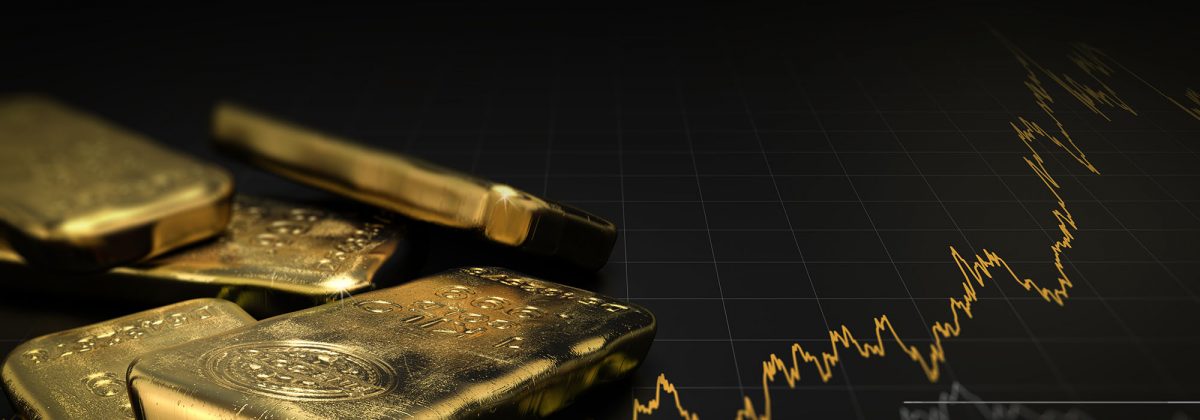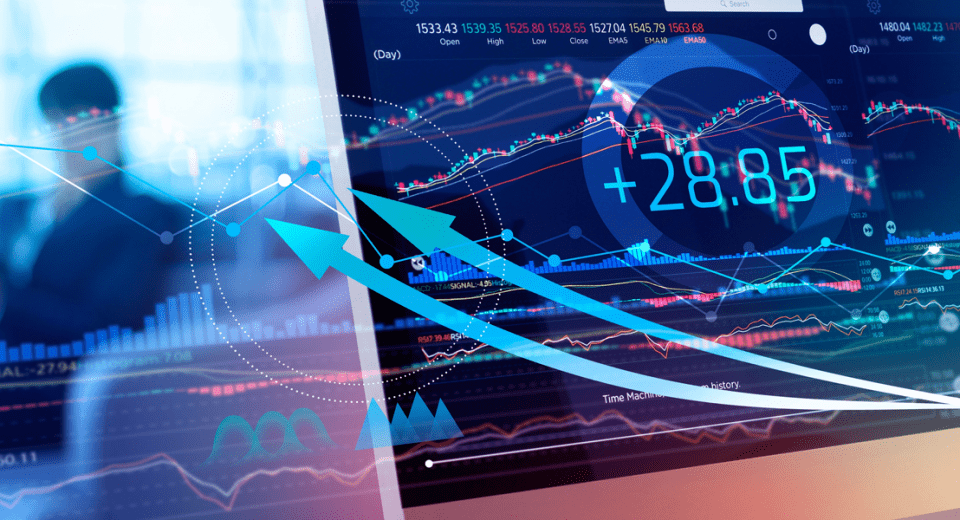Gold has been a “safe haven” investment for a long time now, with investors looking at the precious metal as a way to hedge against high inflation and market volatility. More so following the financial crisis of 2008, making it one of the most reliable markets through the last decade.
Despite this, 2018 wasn’t a particularly good year for gold, with its price dipping. Will 2019 bring good news for the yellow metal? Some say that geopolitical and economic changes expected in 2019 might have a positive impact. Here’s a look at what to expect.
Definitely Not a Golden Run in 2018
In August 2018, gold price fell below the key US$1,200 per troy ounce mark. This was the first time in more than two and a half years that gold depreciated and its worst losing streak since 2013.
Even the growing US-China trade war and turmoil faced by emerging economies could not attract more investors to this safe haven asset, as it normally should have. Quartz News said, “Analysts pin most of the blame on the dollar. Its unexpected strength usurped the yellow metal as skittish investors preferred haven assets.”
But several news agencies have taken a more positive stance in 2019. Among them, CNN Business holds an optimistic view about the future of gold prices in 2019, stating, “Since the August nadir, gold has started to regain some of its lustre.”
Positive Developments Expected in 2019 for Gold Prices
The demand for the yellow metal increased in 2019 from the 2018 levels. In January, there was a shift in the positive direction. At the start of 2019, 22 carat and 24 carat gold were priced a little over US$426 and US$455, respectively, for 10gm. This increase in price signalled an increased interest among investors in the metal.
It is expected that many global factors that emerged in 2017 and 2018, along with the risks observed in 2018, will play a defining role in determining gold prices in 2019. Apart from this, we can also see the development of a new set of trends that will be crucial in determining its demand. A combination of all these factors will, in turn, affect both long-term and short-term gold price behaviour.
Some things that could turn the tide in favour of gold in 2019 are:
- Although gold may face challenges due to high interest rates and strengthening of the US dollar, the impact of these factors is expected to be limited, as the Fed has shown a neutral stance.
- Economic reforms in the gold markets will continue to support demand for the precious metal in technology, jewellery and as a form of investment.
- An increase in market uncertainty and protectionist economic policies could raise the importance of gold as a hedge among investors.
US Dollar Unlikely to Affect Gold Prices
Despite the market risk likely being high, interest rates and the strength of the US dollar could act as obstacles to an upside in gold prices.
But still, federal interest rates alone are not enough to prevent investors from purchasing the metal. This has been seen during 2004-2007, in 2016 and the early part of 2018.
So, a nexus of high interest rates and strong US dollar may heavily affect gold price, but it is unlikely to make a significant difference. More so given that there have been indications that the US dollar may experience a slowdown.
- The first indication has been the DXY Index. This is a measure of the relative direction of dollar price movement against a collection of key currencies. The DXY has already increased by about 10% from its 2008 levels. In 2016, a similar trend was seen, which was followed by a major price correction.
- Secondly, the positive effect of high interest rates on the US dollar will be reduced when the Fed’s policy stance becomes neutral. Since the recent increase in strength was due to accommodative policies of other central banks, a neutral attitude will be given importance.
- Thirdly, the Trump administration has, on various occasions, expressed frustration with the competitive disadvantage caused by a strong dollar.
- Finally, central banks of emerging economies have continued to diversify their exposure to the US dollar.
How will Structural Economic Reforms Affect Gold Performance?
Given that the emerging markets make up a major chunk (around 70%) of the gold consumer demand, they are crucial to the long-term performance of the metal. Among these countries, China and India are the ones to look out for.
Both these countries have started to take the necessary steps to encourage economic growth and to secure their position in the global landscape. For example, China’s Belt and Road Initiative is aimed at promoting regional economic development, upgrading infrastructure and boosting the commodity markets.
India too has been quite active in improving its economy by removing many barriers to commerce and promoting fiscal compliance. Due to the various changes made in its economic policy, India’s economy is expected to grow at a rate of 7.5% percent in 2019, leaving behind major global economies.
Due to its undeniable link to wealth and economic expansion, gold is expected to benefit from such initiatives. An increase in demand for gold jewellery in China and India is also expected during 2019, in case the sentiment is positive. If there is uncertainty, then the increase can be marginal.
Apart from this, efforts to improve growth in the western markets are expected to aid in creating positive consumer demand.
At present, the prospects for gold look comparatively better than they were in 2018. Even if there are major changes in global economic policies, there is a possibility that gold price will remain on the higher side in 2019.
Reference Links





